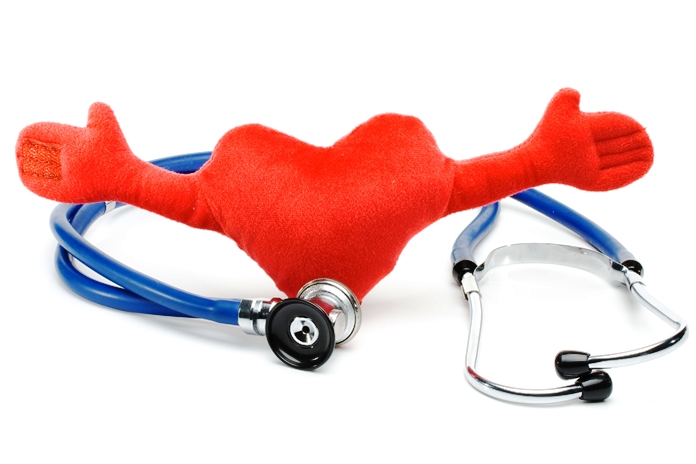February is American Heart Month

February is recognized by the American Heart Association as American Heart Month — a good reminder for assessing what you do, or should do, to maintain heart health. Most are common sense, but there are other dietary considerations that are easy to ignore — like ultra-processed foods.
What is considered an ultra-processed food and what exactly is the cause and effect on the human body? Various studies show consuming a diet high in ultra-processed foods (UPF) can result in direct links to a greater risk of heart disease-related deaths, type 2 diabetes, obesity, wheezing, anxiety, depression, sleep problems and cognitive decline* in middle-aged and older adults. UPFs are formulations of processed food substances (oils, fats, sugars, starches, and protein isolates) that contain little or no whole foods and typically include flavorings, colorings, emulsifiers, preservatives and other cosmetic additives. Some prime examples are sweet and savory snacks, confectionery, breakfast cereals, ice cream, sugar-sweetened beverages, processed meats and ready-to-eat frozen meals.
The common-sense reminders:
- Chronic stress can negatively impact heart health. Techniques such as mindfulness, meditation, yoga and deep breathing exercises can help manage stress levels and promote relaxation.
- Routine health screenings and checkups are vital for detecting and managing risk factors for heart disease. Regular monitoring of blood pressure, cholesterol levels and blood sugar can help identify potential issues early on.
- Regular exercise; a diet rich in vegetables, whole grains, healthy fats, lean proteins and low sodium. Avoid ultra-processed foods as much as possible.
Tip: The American Heart Association’s website has valuable information on healthy eating, including heart-healthy recipes.
Mark your calendar for the Feb. 18 lecture in this season’s Medical Center Lecture Series: “Strong Foundations: Understanding, Preventing and Treating Osteoporosis,” presented by Kendall Moseley, M.D., of Johns Hopkins Medicine in Baltimore, Maryland.
*Source: JAMA Neurology Journal
